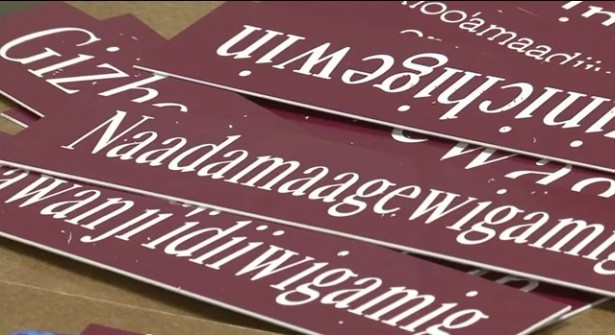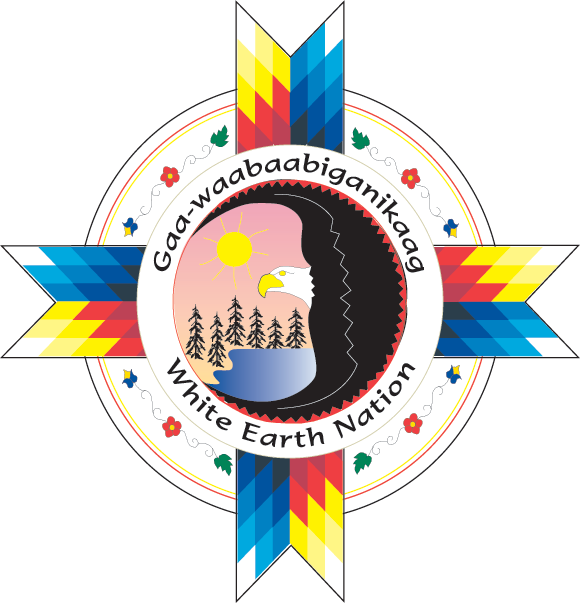Visit the anishinaabemodaa.com website where our overriding goal is to make available the opportunity to learn the Anishinaabe language no matter what school you attend, program you are a part of, or city or country you live in!
Ojibwe Dictionary
The Ojibwe People’s Dictionary was established by faculty and students in the Department of American Indian Studies at the University of Minnesota. The dictionary is searchable and no longer relies on accessing words through the alphabetic paths of a print dictionary. It also searches for related words, and includes expanded language information that is often left out due to page limitations. Unlike a book, the talking dictionary will be continuously updated and expanded. Best of all, it allows users to search using the Ojibwe language.

Currently the dictionary has:
- Search capabilities in Ojibwe and English
- Browsing with short dictionary entries, arranged alphabetically
- Expanded dictionary entries with audio, example sentences, word parts and derivation, word families, semantically related words, Ojibwe texts, historical documents, photos, illustrations, and videos
- Cultural search results of historical documents, photos, illustrations, videos and Ojibwe texts related to the search word.
Without timely intervention, the use of Ojibwe languages, like Indigenous languages throughout the globe, will decline to a point beyond recovery. In recognition of this tragedy, new efforts have emerged dedicated to the revitalization of our precious language. The loss of our Indigenous language is destruction of a complex system for ordering the relationships among people and the natural world, for solving social problems, and connecting people to something beyond themselves. Indigenous languages are place-specific; they provide the deepest possible understanding of the historical and natural relationships that animate and enrich a place. In the past, Indigenous languages and culture were assaulted rather than supported – as a result parents and grandparents did not teach their children the language in order to protect them from harsh punishments while attending boarding schools. This era was devastating to the Anishinaabe people, and the effects on our traditions, language, and culture are still with us today. Our language was shaped over hundreds of years by communal experience, and it shaped how a people come to know who they are and what is true, where they came from, and how the world around them works materially and spiritually. Revitalization of our language can only help our ability to negotiate the two worlds we live in.
